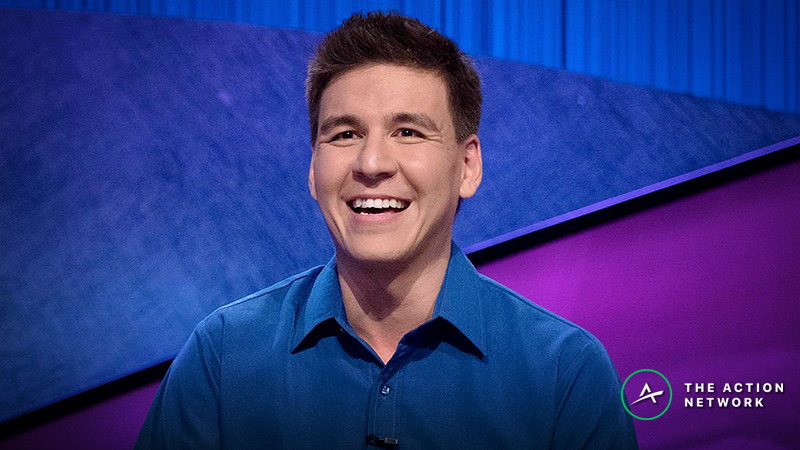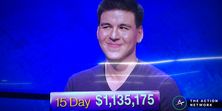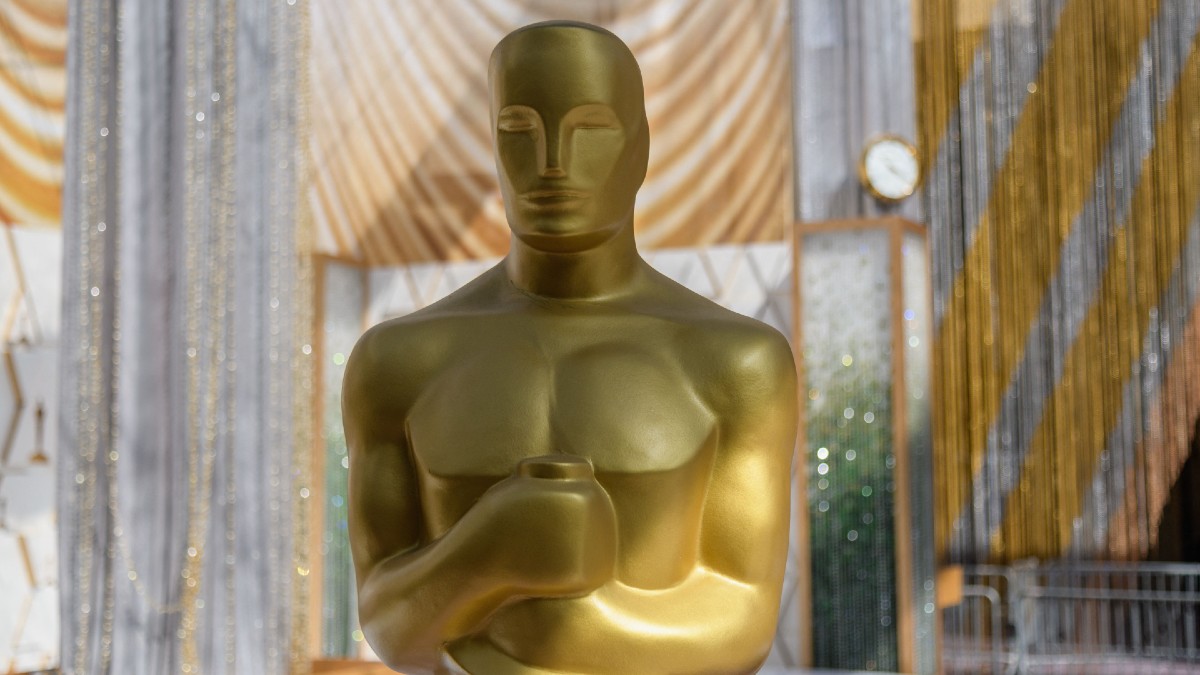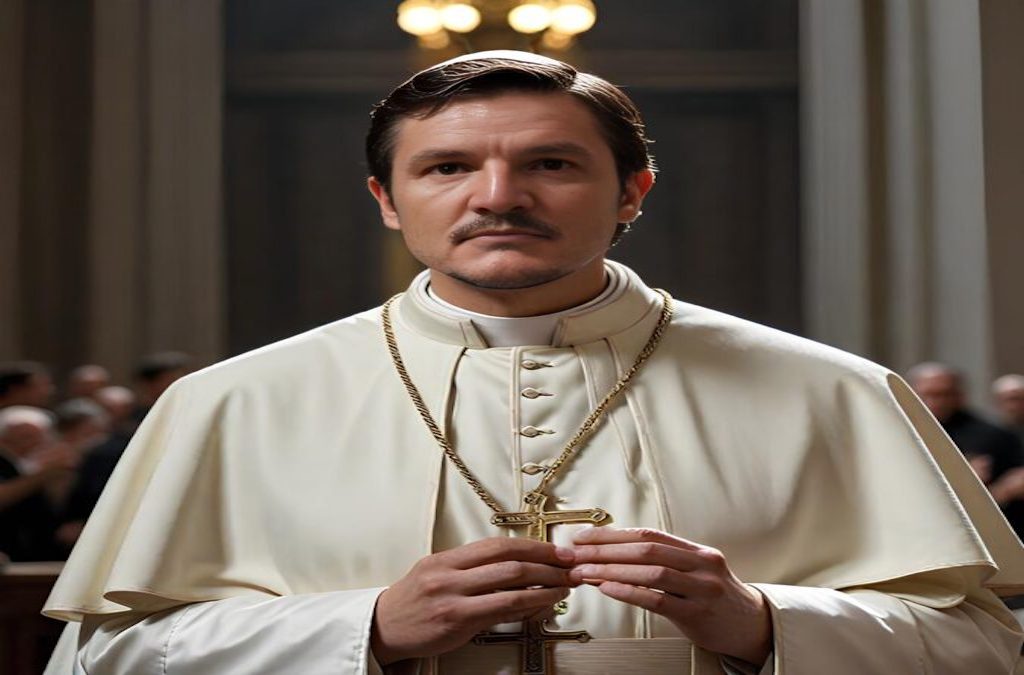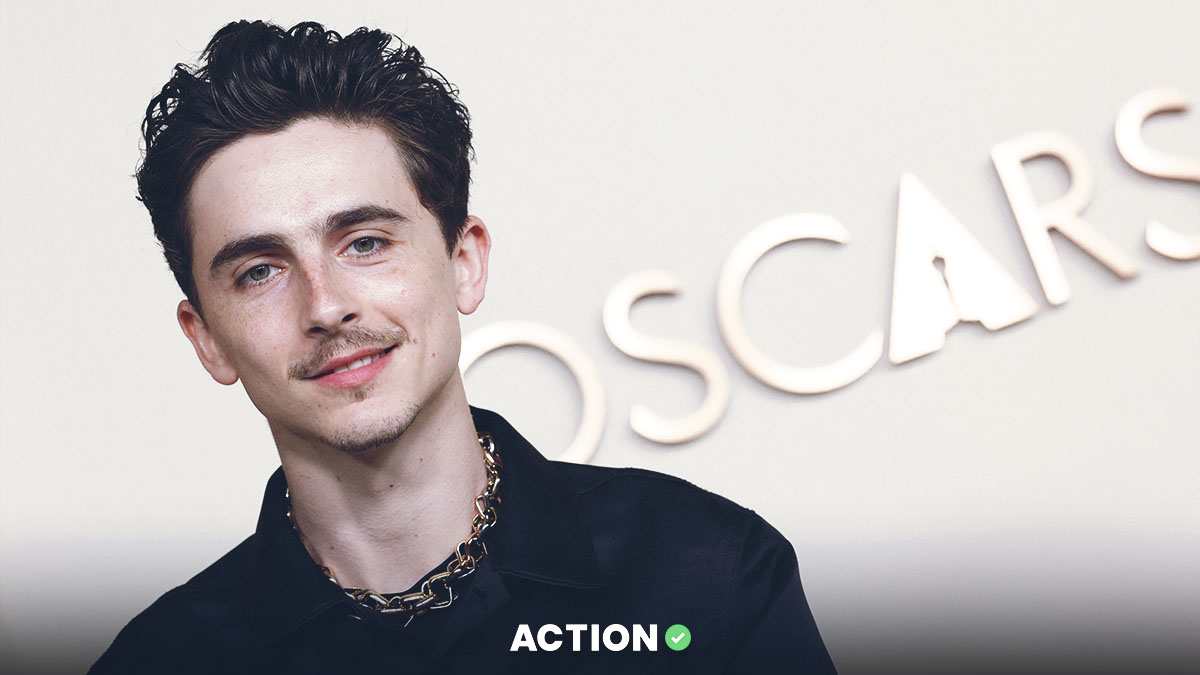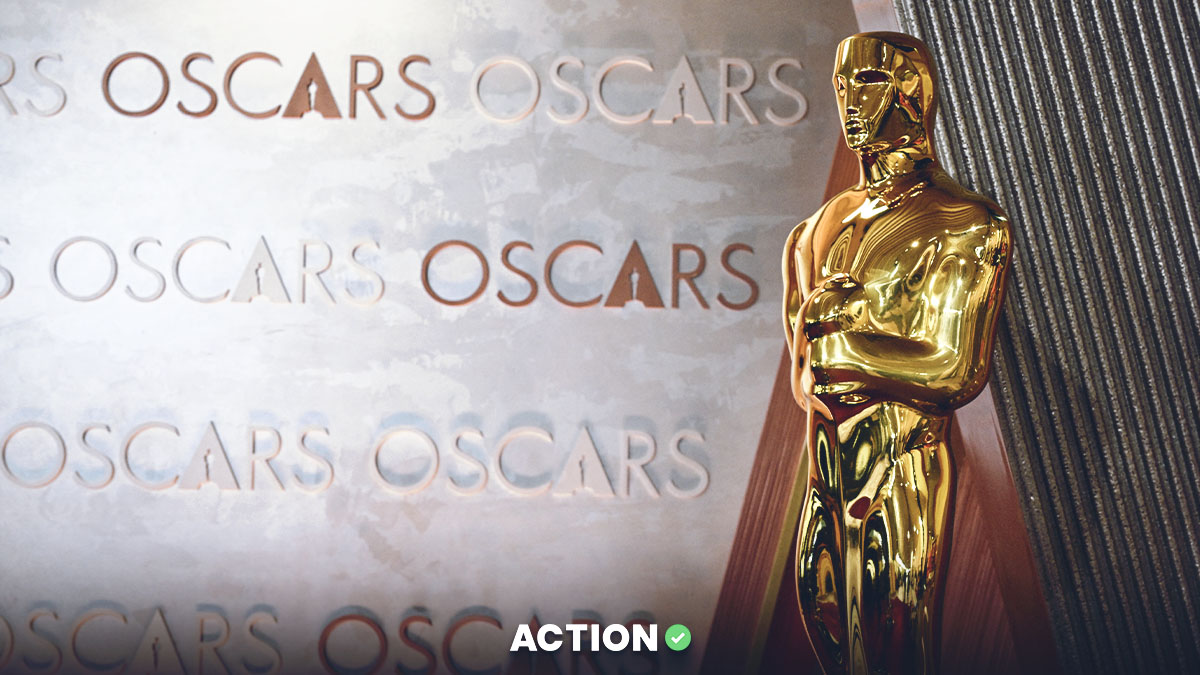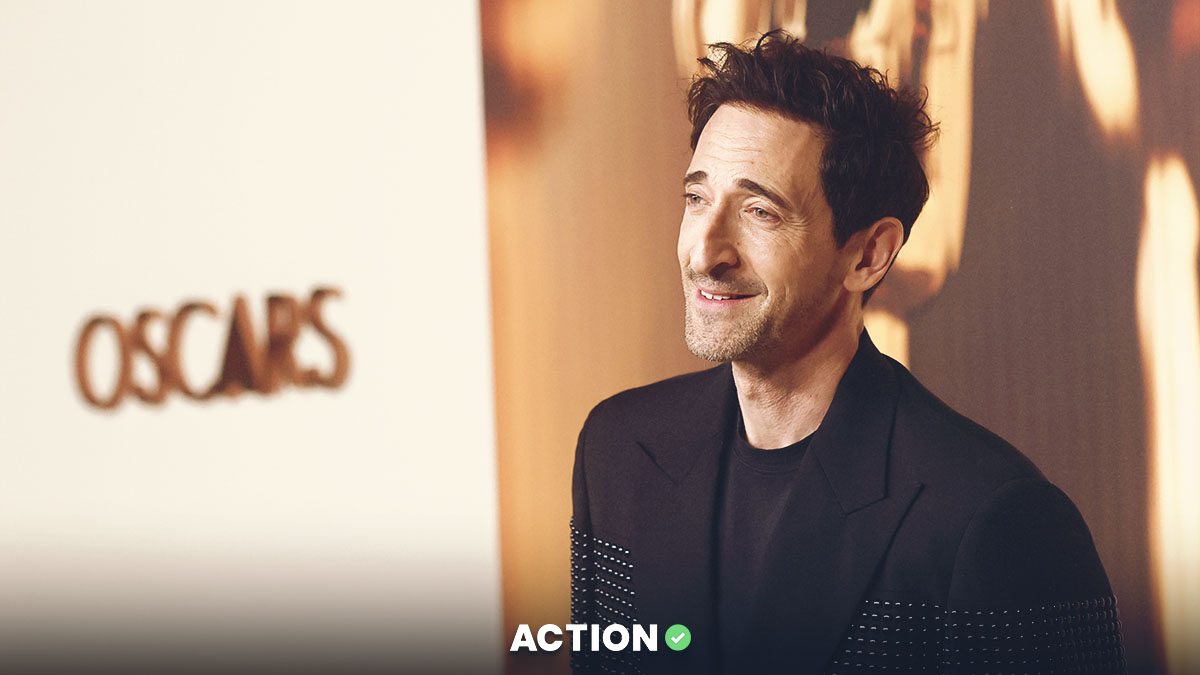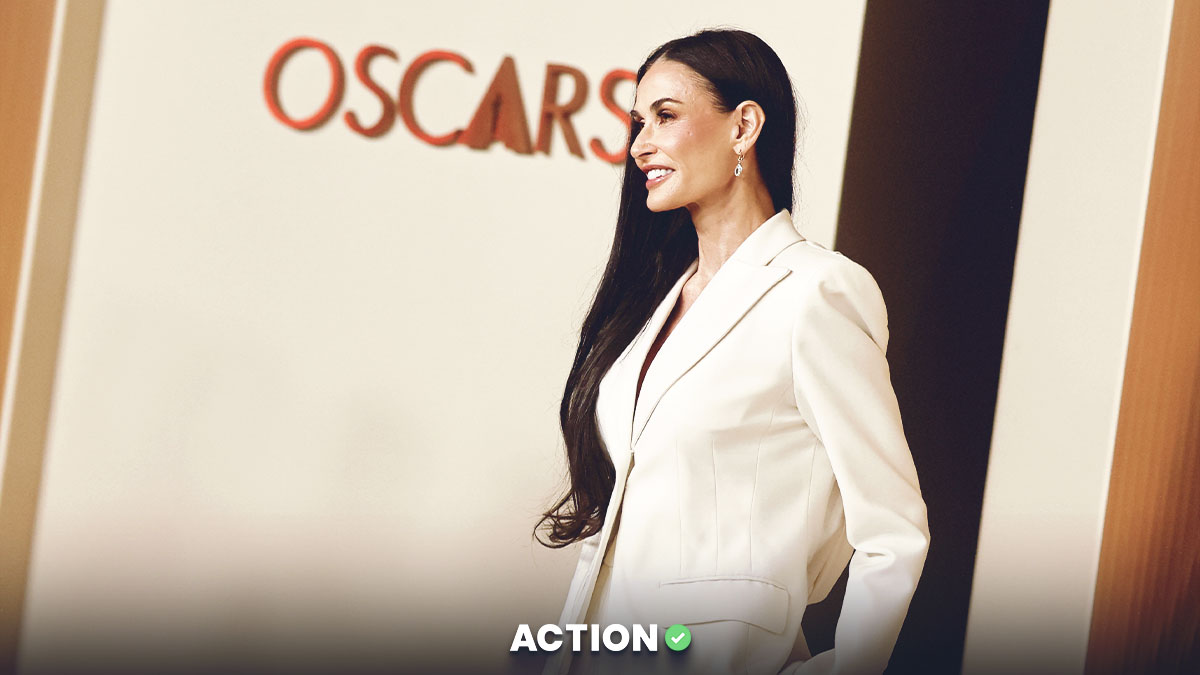James Holzhauer has made Jeopardy! must-see TV, as the 34-year-old sports bettor has won 20 consecutive shows, tied for the second-longest run in the show’s history. He’s also in second place in total earnings with $1.5 million, a mere $1 million behind what Ken Jennings won — and that was in 74 consecutive shows.
We caught up with Jeopardy! James to talk about the importance of the buzzer, how good of a sports bettor he is, whether his Jeopardy! success will make it harder for him to get down money in Vegas, and details on when he gets all of that Jeopardy! cash.
Be sure to watch my entire conversation with James below or listen to The Favorites Podcast via Apple Podcasts or Spotify.
ROVELL: I think you tape five shows per day or something like that. So, you know everything before the TV audience. It's almost like The Bachelor. What is it like to see the whole country watch it in a time where almost everything is live?
HOLZHAUER: I think it's really great that the audience has kept mum about it. It wasn't that hard for me to keep this secret, but I know my daughter is terrible at secrets. So, I kind of had to make up a story to her that I was going to LA for work. She's four years old, so she doesn't question why a sports bettor needs to fly from Vegas to LA to do work.
ROVELL: One of the things that I read was that before you played the game, you essentially asked some questions about the buzzer in particular. How important is the buzzer?
HOLZHAUER:The people who appear on the show have all passed the same test. They all can do most of the questions on the board. So, the buzzer becomes most of the game. Then you see on TV, everyone's ringing in on most questions and it's whoever wins the race that gets there. So, I knew that would be the critical thing. And I tried to do all the research I could ahead of time.
There's an e-book that I read by a former champion that had some great advice. And I actually him emailed him and he told me to ask the producer some questions like exactly how long they lock you out [if you buzz too early]. And then I had some really specific questions about, let's say I hammer the buzzer five times, am I locked out for five quarters of a second? And she kept looking at me like, who is this guy?
ROVELL: So as soon as Alex Trebek stops talking, that's when you've got to get in?
HOLZHAUER: It's not entirely key to his voice. They have a human who actually has to activate the buzzing system, but that person is going off of Alex's voice. The human timing is another element to it that you have to practice at. They do give you practices at the start of the taping day.
ROVELL: How much did you practice the buzzer before getting on the show?
HOLZHAUER: A pretty good amount. I had a buzzer I made out of wrapping masking tape around a mechanical pencil to try to simulate the heft of it. I didn't really come that close, but at least I had something to go off of. And I practiced standing around in my dress shoes.
I tried different poses of holding the buzzer. I eventually went with folded arms to try to eliminate wasted motion. As the author of the e-book says, it's like a baseball player. If you have the hitch in your swing and it works for you, great. But it's probably better to eliminate the hitch.
ROVELL: Now let's talk sports betting. How much does being a sports gambler come into play with your strategy?
HOLZHAUER: Yeah, I suppose there are two big things where the work comes into play. The first is just that, the way I approach my work, I'm looking for advantages that the average bettor doesn't. So, I came into this thinking like, 'What can I do differently than the average contestant to give myself that edge?'
And the second thing, of course, is that I can wager five figures worth of money and not be feeling too much pressure about it. To me, this is just like a coin flip that's heavily weighted on my side. And I want to get in as much money as I can on that coin, whereas I think your average contestant might be sweating and they can't concentrate on a trivia question with too much money at risk.
ROVELL: I need to ask you about being a sports gambler in general. You've said that it's akin to being a day trader, which to me suggested that you're jumping on the early lines made by bookmakers. Is that what you do? And is there a particular sport?
HOLZHAUER: I often bet on futures, and that to me it's kind of like running a hedge fund. You're going long and short on some teams, [looking] for markets where they're under-priced and markets where they're overpriced. I do often jump on the early lines and try to trade out of those positions, either in-game or when the market moves.
ROVELL: You used to run a poker strategy website. Is there anything specifically poker about your Jeopardy! game?
HOLZHAUER: Playing tournament poker, you recognize that people who jump off to an early edge get the advantages of playing with the big stack. If you're the chip leader in a no-limit tournament, you're the only person who can't go broke on the next hand, which really has a lot of strategic advantages. And I expanded that to my [Jeopardy!] play.
I am the first person I know of who immediately goes for the $1,000 clues in single Jeopardy! and tries to build a stack before hitting any of the daily doubles. And I think that might come from poker tournament experience.
ROVELL: How would you describe how successful you are as a sports bettor?
HOLZHAUER:Well, I'm not making the Billy Walters money, but I'm comfortable. The important thing I think is that I can take time off whenever I want. When it gets to be 105 degrees outside in Vegas and baseball is the only sport in town, I'm often taking a vacation. And I really appreciate that I have the freedom to do that.
ROVELL: Are you betting now during this run?
HOLZHAUER: I have taken the last two weeks off because there's too much else going on, and there aren't as many sports to bet on. During the NCAA Tournament … I'm sure your listeners are familiar with Polish middles. There were a lot of games where I would bet the underdog on the moneyline and the favorite -2.5 or something and they would to win by exactly two. That happened like four times in the tournament. … It was not great.
The Super Bowl was right before I started taping Jeopardy! And the pros love to bet on, Will this be a boring Super Bowl? Yes or no? And I bet the 'Yes' on boring everything. So it was a wonderful Super Bowl for me.
ROVELL: Now, since you're talking about money, I have to ask you, how does the payment work for Jeopardy? So, it's $1.5 million. Do you get it after the show airs? Do you get it eventually? How does that work? I've always been curious.
HOLZHAUER: My understanding is that, 120 days after my last episode goes to air, I'll receive a lump-sum payment from them. I do think that Ken Jennings got two separate checks because his run overlapped two seasons. I think he got one check when the first season ended. So, if that happens to me, maybe I can expect that too. But I don't know. I know I haven't been paid yet.
ROVELL: What do you plan to do with your winnings?
HOLZHAUER: I've already started giving some to local charitable causes that are important to me, particularly ones that deal with children. The Natural History Museum, the local food bank, the library system. Not only do I love the library, but it was invaluable in helping me prepare for the show. So, I'm very thankful.
ROVELL: How hard do you think it's going to be to get down money in Vegas now that you're so recognizable?
HOLZHAUER: I was already 86'd from half the places in town before this all started, and I doubt they'll be inviting me back now. But I think the places that still welcomed my action, … they're not dumb. If anything, it'd be good publicity to have me be seen there now.

